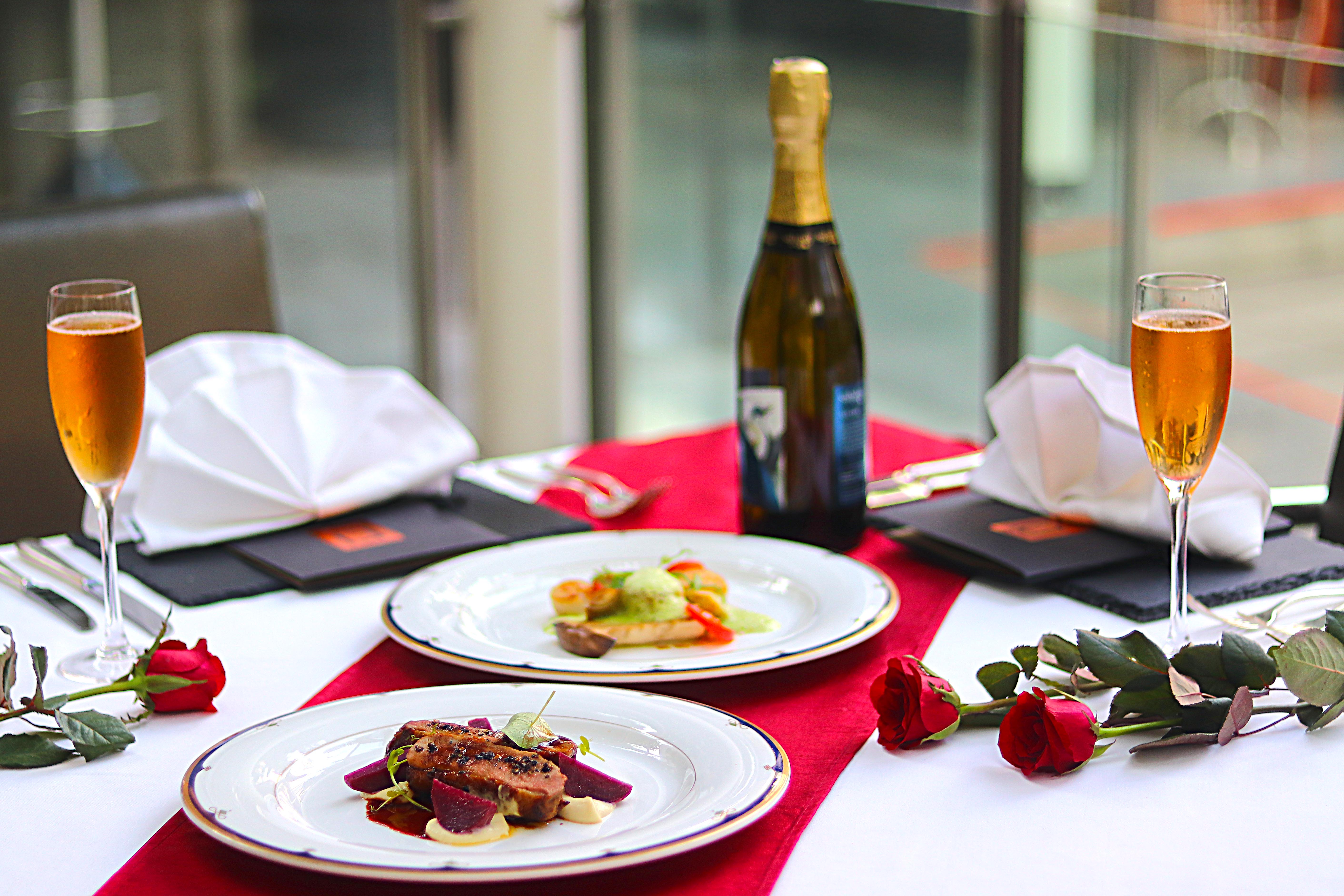The tipping point for Banyan Tree Samui might have been the 213,314 plastic bottles the resort passed out to guests in 2017. Or the 42,150 plastic bags they used to haul away trash that year. Or the 176,880 meters of cling film that they used to package food products.
“One of our staff calculated that we could have wrapped this island all the way around three times with all that cling film,” said Remko Kroesen, the general manager at the resort. “We knew we had to make changes.”
Starting in 2018, the resort implemented changes that now, cumulatively, constitute a sea change in how the resort handles disposables. The decision came at a time when news headlines had highlighted the gruesome deaths of whales, turtles and other marine life from ingesting plastics in Thai waters.
Last year, Banyan Tree Samui successfully phased out the use of plastic bottles, straws, cutlery and garbage bags. They also quit ordering the 20,158 plastic toothbrushes, shower caps and other bathroom accessories they doled out to guests every year.
In place of the plastic came glass bottles, paper straws, bamboo and wooden cutlery, and corn-based toothbrushes. They ordered biodegradable bags and containers, and large second-hand rice and sugar sacks for the kitchens and for garden waste. Unable to find an environmentally friendly alternative to cling film, they set a strict budget on its purchase.
And finally, the hotel entered into a contract with suppliers so that any remaining plastic bags or containers would be returned for reuse.
The plastic-free initiatives were the icing on the cake of an environmental program that has existed at the resort since soon after its opening in 2010, and is part of a wider campaign by the Banyan Tree corporate group at its properties throughout the world.
Banyan Tree Samui is nestled against a lush 38-acre hillside, overlooking a secluded cove of beach, coral reefs and sapphire waters. The resort’s CSR (corporate social responsibility) manager is Thepsuda Loyjiw, a certified marine biologist. “Apart from the plastic-free initiative, my team’s other CSR programs include tree-planting, wastewater recycling, and a coral regeneration project,” she said.
In 2018, Banyan Tree Samui was awarded a “Gold Certification” by EarthCheck, the world’s leading scientific watchdog for the hospitality industry, making it the first hotel in Thailand to be recognized for its environmental policies at such a level.
According to Zoe Ma, EarthCheck’s corporate relations manager, the award “recognizes five years of continuous commitment and effort to achieve sustainability by the resort.”
“Attaining EarthCheck Certification is not an easy task,” said Stewart Moore, CEO and founder of EarthCheck. “It requires commitment from the entire team to achieve better results in terms of sustainability each year. The challenge is to continually prove the integrity of an organization’s operational practices and then be willing to have everything checked and measured by an independent third party.
Recognition of Banyan Tree’s green initiatives couldn’t have come at a more appropriate time: In July 2019, a new law aimed at curbing environmental damage went into effect on the Thai islands of Koh Samui, Koh Phangan and Koh Tao.
The new measures, enacted by Thailand’s Department of Marine and Coastal Resources. included a strict ban on the feeding of marine life, wastewater dumping, fishing or anchoring on coral reefs, seabed-walking, and any new coastal construction.
The government initiative followed a no-smoking and no-littering law that was enacted on the islands a few months earlier.
The moves to revive marine life and restore the coral reefs on the three islands have been widely applauded and follow closely on the heels of beach and island closures in the Andaman Sea to allow fish stocks, coral and the environment to recover. One of Thailand’s most popular attractions, Maya Beach, famous for its scenes in the Hollywood movie “The Beach” starring Leonardo Di Caprio, is among those destinations currently off-limits to visitors.
Previously known as ‘Coconut Island’ and home to only a handful of fishermen and farmers until the late 1970s, Koh Samui now receives more than a million visitors a year. The islands of Samui, Phangan and Tao have combined coral reefs spanning over 10,000 acres. Coral reefs are some of the most diverse ecosystems on the planet, supporting more species per unit area than any other marine environment.
Among the rare marine life found in the Gulf of Thailand’s sapphire-blue waters are turtles, dugongs, moray eels, reef sharks, seahorses, Irrawaddy dolphins and seven species of whale.
“But it’s no good if only one or two resorts on the island maintain strict environmental practices,” said CSR manager Thepsuda. “We all have to work together to keep this paradise intact.”





